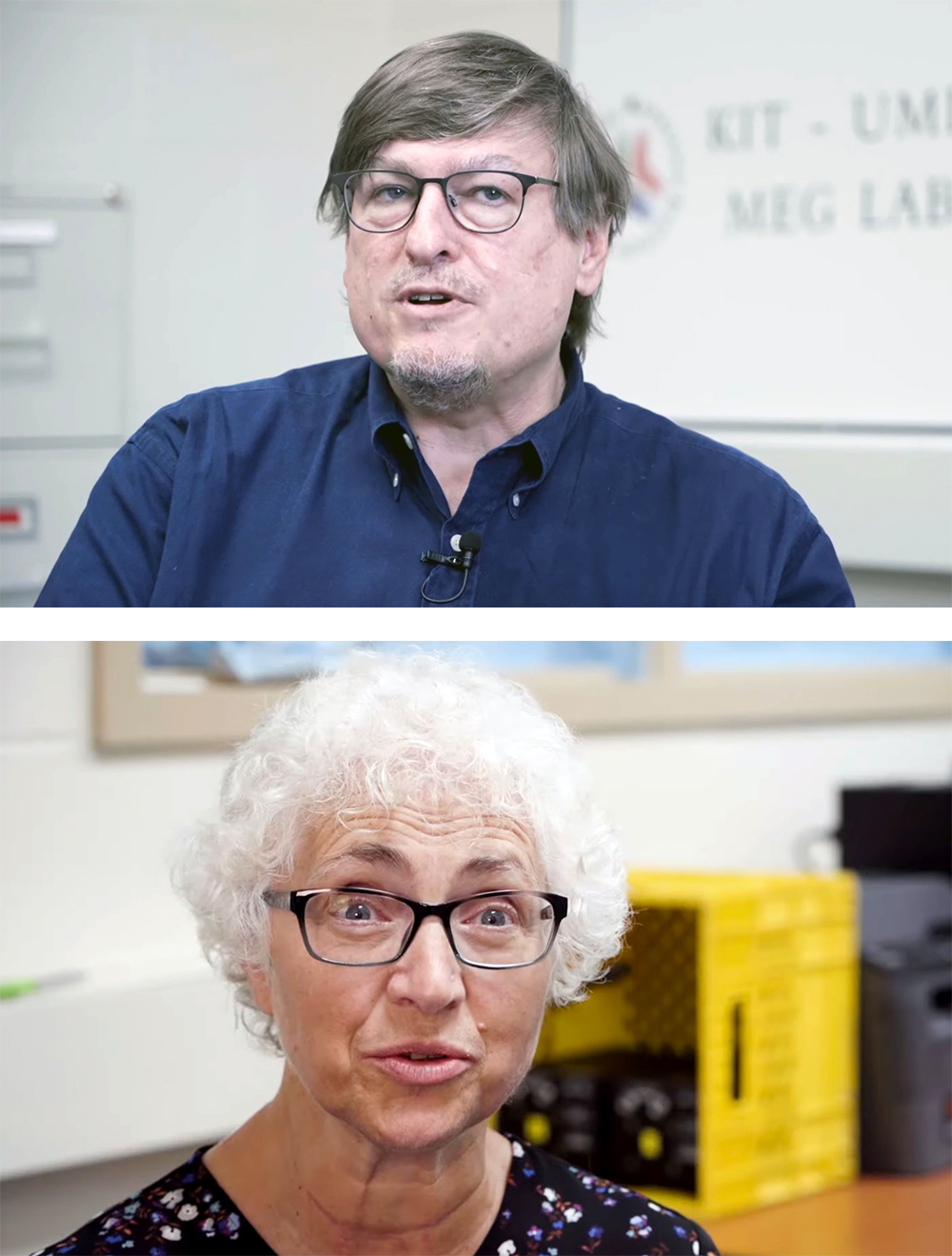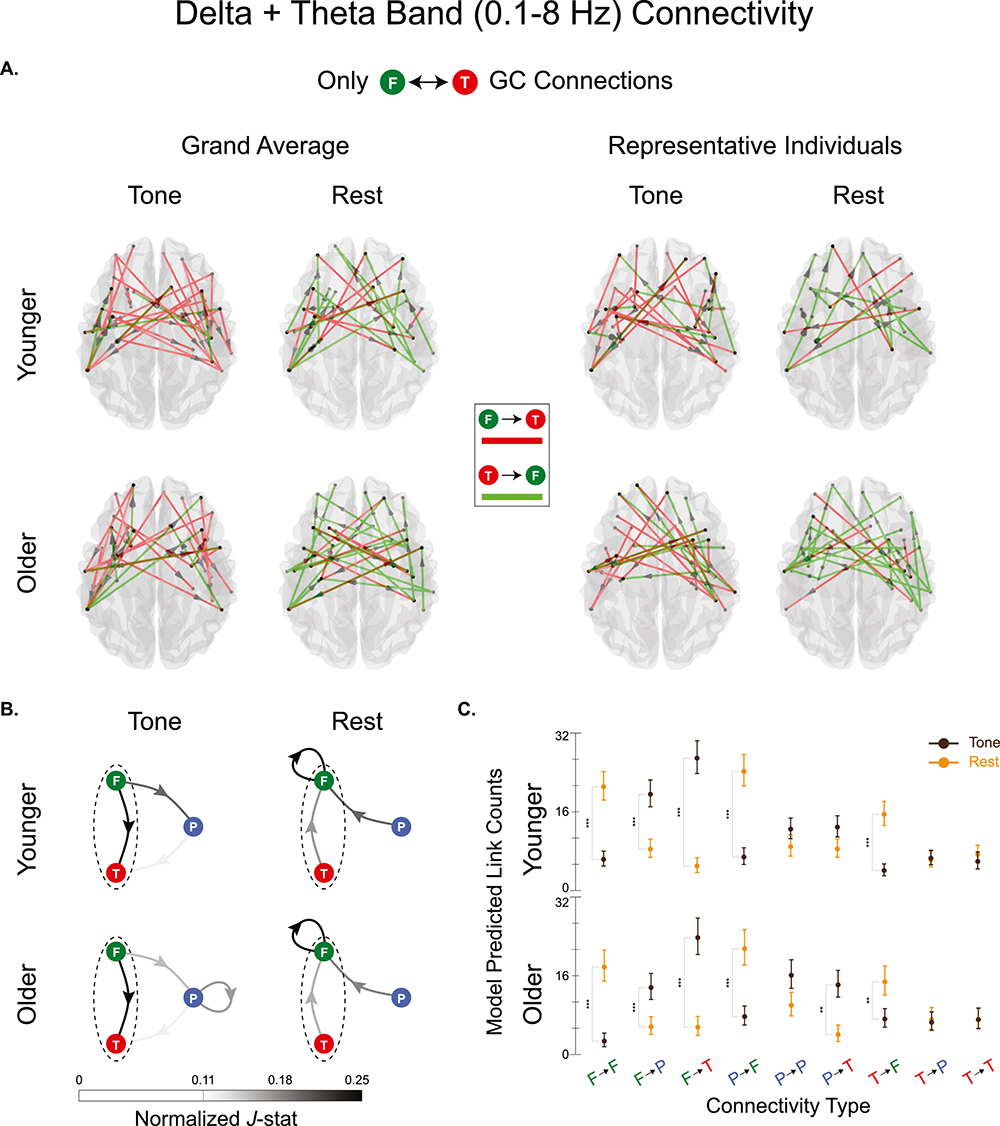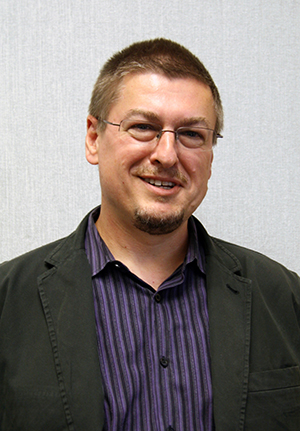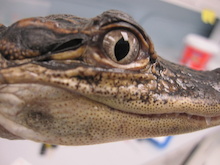News Story
Samira Anderson's research shows effects of aging on speech processing
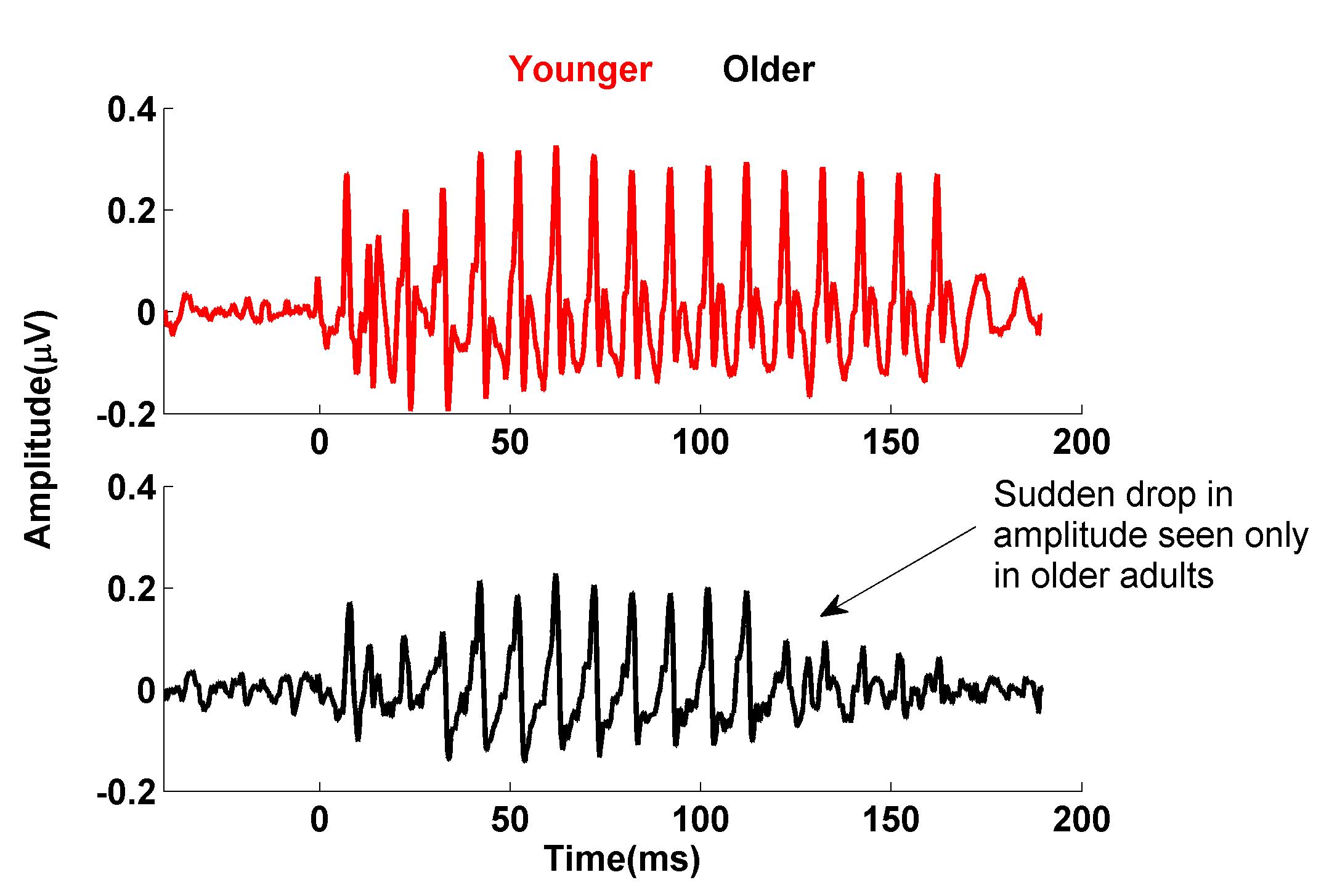
COLLEGE PARK, Md. – As humans age, many develop difficulties with understanding and processing speech – especially in noisy settings such as restaurants or bars. New multidisciplinary research at the University of Maryland’s Department of Hearing and Speech Sciences suggests this phenomenon is due to changes in the central auditory system that effectively slow or disrupt the way our brains process words.
The study examined 30 adults, both young and old, with normal hearing and no history of neurological disorders. The principal investigator of the study, Samira Anderson, is a part of UMD's Brain and Behavior Initiative. By presenting these individuals with a number of speech syllables, progressively altering the frequency of the sounds and measuring their brain activity with small electrodes, researchers were able to identify substantial differences in how brains of varying ages processed words. The researchers discovered that the responses of older adults were significantly delayed compared to the responses of younger adults, particularly with ‘onsets’ and ‘offsets’ of syllables – the beginning and ends of words.
“Problems in processing complex sounds such as ‘da’ and ‘a’ could help explain their difficulties in understanding speech, particularly in noisy environments,” said the study’s first author, Alessandro Presacco, a doctoral student in the Neuroscience and Cognitive Science program. Those particular difficulties suggest there is more to the challenges than failing hearing.
“Although this phenomenon is commonly attributed to hearing loss, it’s often the case that adults with clinically ‘normal’ hearing still experience difficulty,” said Assistant Professor of Hearing and Speech Sciences Samira Anderson. “I was surprised to see the sudden drop in response size in older adults in the later region of the vowel. It helps me to understand why older adults sometimes have trouble hearing the ends of words.”
Presacco and his collaborators found that there are many potential contributors to the language processing challenges for adults, ranging from the brain’s ability to accurately process speech to its inability to sustain neural firing for the duration of the speech.
The study contributes critical information toward the goal of understanding precisely why aging minds struggle with words and sounds. By identifying the root cause of language processing difficulties, and mapping how the brain responds to different stimuli, researchers can develop revolutionary therapies and treatments for aging adults.
“There’s a lot we don’t know. These findings are a critical, but incremental contribution to our understanding. Studies like this are helping scientists identify not only the causes of language processing issues, but where the breakdown is occurring specifically,” Anderson said. “Can we draw direct connections between speech processing and perception? Can we train the brain to process language information more efficiently—especially in terms of helping older adults regain lost functionality? These are the types of revolutionary questions we’re trying to answer.”
Published July 20, 2015

